 Welcome
Welcome
“May all be happy, may all be healed, may all be at peace and may no one ever suffer."
Low sex drive in women
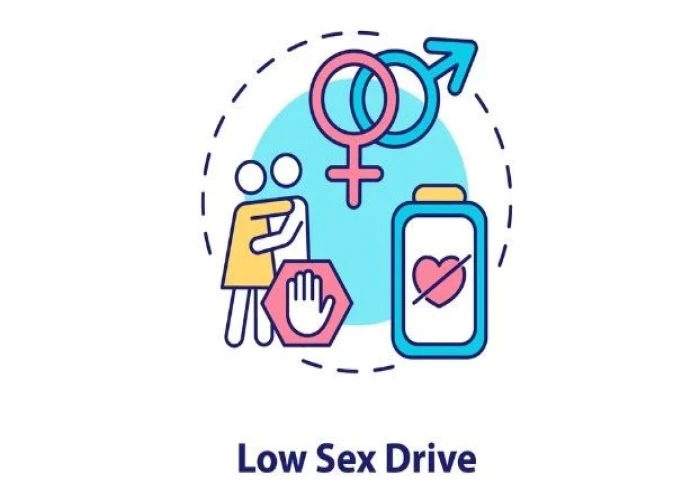
Low sex drive, also known as hypoactive sexual desire disorder (HSDD), is a common sexual problem that affects women of all ages. It is characterized by a persistent or recurrent lack of interest or desire for sexual activity, which can lead to distress or difficulty in relationships.
There are many potential causes of low sex drive in women, including hormonal imbalances (such as low levels of estrogen or testosterone), medications, psychological factors (such as stress, anxiety, or depression), relationship problems, and medical conditions (such as diabetes, thyroid disorders, or chronic pain).
Treatment for low sex drive in women depends on the underlying cause of the condition. If it's due to a hormonal imbalance, hormone replacement therapy or medications may be prescribed. If it's due to psychological factors, counseling or therapy may be recommended to address any underlying issues.
In addition, lifestyle changes can also help improve low sex drive. Regular exercise, stress reduction techniques (such as yoga or meditation), and a healthy diet can all improve overall well-being and sexual function. Communication with a partner and exploring new sexual activities or techniques can also help improve sexual desire.
It's important to speak with a healthcare provider if you experience symptoms of low sex drive, as there may be an underlying medical or psychological condition that requires treatment. A healthcare provider can help determine the underlying cause of the condition and develop a treatment plan that is right for you.
Research Papers
Disease Signs and Symptoms
- Reduced sexual desire
- Sexual dysfunction
- Having no interest in any type of sexual activity, including masturbation
Disease Causes
Low sex drive in women
Desire for sex is based on a complex interaction of many things affecting intimacy, including physical and emotional well-being, experiences, beliefs, lifestyle, and your current relationship. If you're experiencing a problem in any of these areas, it can affect your desire for sex.
Physical causes
A wide range of illnesses, physical changes and medications can cause a low sex drive, including:
- Sexual problems. If you have pain during sex or can't orgasm, it can reduce your desire for sex.
- Medical diseases. Many nonsexual diseases can affect sex drive, including arthritis, cancer, diabetes, high blood pressure, coronary artery disease and neurological diseases.
- Medications. Certain prescription drugs, especially antidepressants called selective serotonin reuptake inhibitors, are known to lower the sex drive.
- Lifestyle habits. A glass of wine may put you in the mood, but too much alcohol can affect your sex drive. The same is true of street drugs. Also, smoking decreases blood flow, which may dull arousal.
- Surgery. Any surgery related to your breasts or genital tract can affect your body image, sexual function and desire for sex.
- Fatigue. Exhaustion from caring for young children or aging parents can contribute to low sex drive. Fatigue from illness or surgery also can play a role in a low sex drive.
Hormone changes
Changes in your hormone levels may alter your desire for sex. This can occur during:
- Menopause. Estrogen levels drop during the transition to menopause. This can make you less interested in sex and cause dry vaginal tissues, resulting in painful or uncomfortable sex. Although many women still have satisfying sex during menopause and beyond, some experience a lagging libido during this hormonal change.
- Pregnancy and breast-feeding. Hormone changes during pregnancy, just after having a baby and during breast-feeding can put a damper on sex drive. Fatigue, changes in body image, and the pressures of pregnancy or caring for a new baby also can contribute to changes in your sexual desire.
Psychological causes
Your state of mind can affect your sexual desire. There are many psychological causes of low sex drive, including:
- Mental health problems, such as anxiety or depression
- Stress, such as financial stress or work stress
- Poor body image
- Low self-esteem
- History of physical or sexual abuse
- Previous negative sexual experiences
Relationship issues
For many women, emotional closeness is an essential prelude to sexual intimacy. So problems in your relationship can be a major factor in low sex drive. Decreased interest in sex is often a result of ongoing issues, such as:
- Lack of connection with your partner
- Unresolved conflicts or fights
- Poor communication of sexual needs and preferences
- Trust issues
Disease Prevents
Disease Treatments
Most women benefit from a treatment approach aimed at the many causes behind this condition. Recommendations may include sex education, counseling, and sometimes medication and hormone therapy.
Sex education and counseling
Talking with a sex therapist or counselor skilled in addressing sexual concerns can help with low sex drive. Therapy often includes education about sexual response and techniques. Your therapist or counselor likely will provide recommendations for reading materials or couples' exercises. Couples counseling that addresses relationship issues may also help increase feelings of intimacy and desire.
Medications
Your doctor will want to review the medications you're already taking, to see if any of them tend to cause sexual side effects. For example, antidepressants such as paroxetine (Paxil) and fluoxetine (Prozac, Sarafem) may lower sex drive. Switching to bupropion (Wellbutrin SR, Wellbutrin XL) — a different type of antidepressant — usually improves sex drive and is sometimes prescribed for women with sexual interest/arousal disorder.
Along with counseling, your doctor may prescribe a medication to boost your libido. Food and Drug Administration (FDA)-approved options for premenopausal women include:
- Flibanserin (Addyi), a pill that you take once a day at bedtime. Side effects include low blood pressure, dizziness, nausea and fatigue. Drinking alcohol or taking fluconazole (Diflucan), a common medication to treat vaginal yeast infections, can make these side effects worse.
- Bremelanotide (Vyleesi), an injection you give yourself just under the skin in the belly or thigh before anticipated sexual activity. Some women experience nausea, which is more common after the first injection but tends to improve with the second injection. Other side effects include vomiting, flushing, headache and a skin reaction at the site of the injection.
These medications aren't FDA-approved for use in postmenopausal women.
Hormone therapy
Dryness or shrinking of the vagina, one of the hallmark signs of genitourinary syndrome of menopause (GSM), might make sex uncomfortable and, in turn, reduce your desire. Certain hormone medications that aim to relieve GSM symptoms could help make sex more comfortable. And being more comfortable during sex may improve your desire.
Possible hormone therapies include:
- Estrogen. Estrogen is available in many forms, including pills, patches, sprays and gels. Smaller doses of estrogen are found in vaginal creams and a slow-releasing suppository or ring. Your doctor can help you understand the risks and benefits of each form. But, estrogen won't improve sexual functioning related to hypoactive sexual desire disorder.
- Testosterone. The male hormone testosterone plays an important role in female sexual function, even though testosterone occurs in much lower amounts in women. Testosterone isn't approved by the FDA for sexual dysfunction in women, but sometimes it's prescribed off-label to help lift a lagging libido. The use of testosterone in women is controversial. Taking it can cause acne, excess body hair, and mood or personality changes.
- Prasterone (Intrarosa). This vaginal insert delivers the hormone dehydroepiandrosterone (DHEA) directly to the vagina to help ease painful sex. You use this medication nightly to ease the symptoms of moderate to severe vaginal dryness associated with GSM.
- Ospemifene (Osphena). Taken daily, this pill can help relieve painful sex symptoms in women with moderate to severe GSM. This medication isn't approved in women who have had breast cancer or who have a high risk of developing breast cancer.
Disease Diagnoses
Disease Allopathic Generics
Disease Ayurvedic Generics
Disease Homeopathic Generics
Disease yoga
Low sex drive in women and Learn More about Diseases
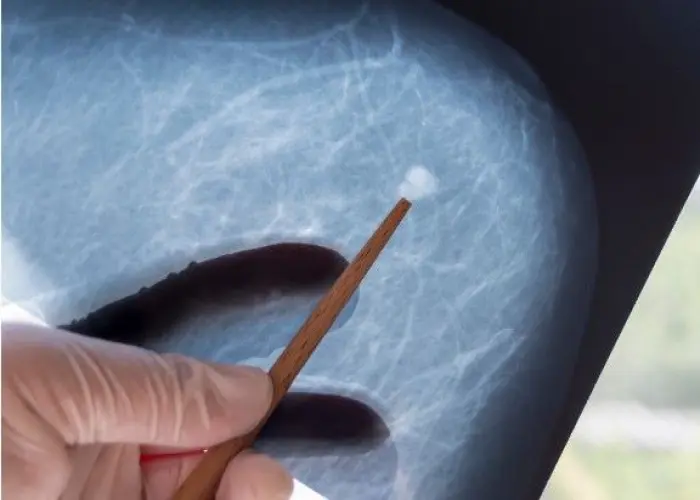
Fibrous dysplasia
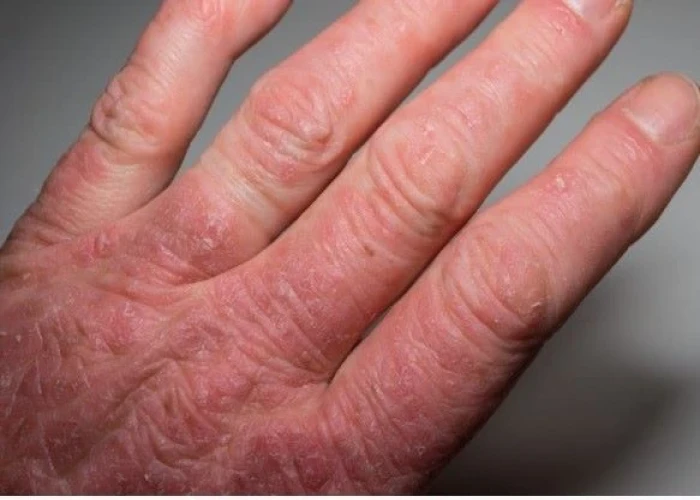
Psoriatic arthritis

Uterine fibroids

Hay fever

Acoustic neuroma
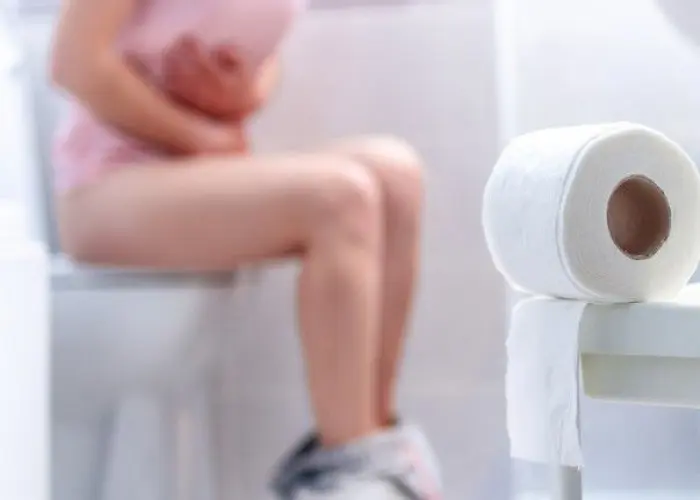
Indigestive Diarrhoea
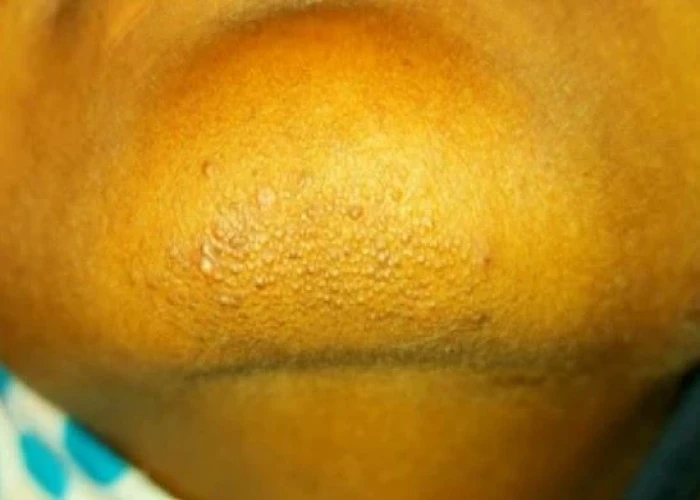
Lichen nitidus

Chlamydia trachomatis
low sex drive in women, মহিলাদের মধ্যে কম যৌন আকাঙ্খা
To be happy, beautiful, healthy, wealthy, hale and long-lived stay with DM3S.
